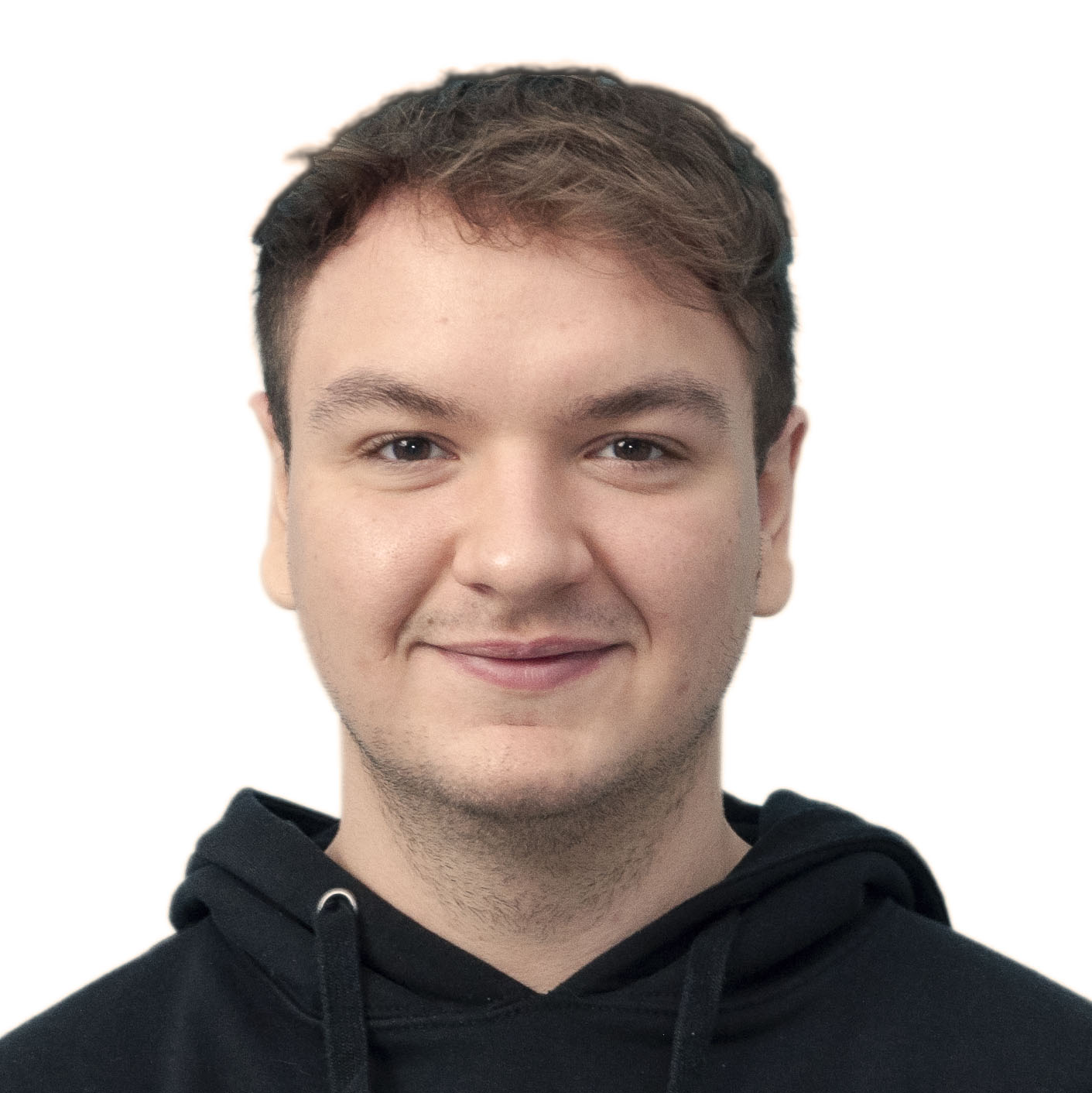Nils Philipp Walter
I am a third year Ph.D. student at CISPA Helmholtz Center for Information Security, supervised by Jilles Vreeken. I am broadly interested in robust and explainable machine learning for large-scale real-world applications. In my Ph.D, I intend to develop new approaches that are at the same time descriptive and predictive. That is the models not only offer predictive capabilities but also facilitate practitioners to gain deeper insights into the problems they are addressing. Currently, I mostly work on understanding how neural networks process information and building methods to describe when and how models make errors.
Before joining CISPA, I was a research assistant in the goup of Bernt Schiele at the Max-Planck-Institut for Informatics, supervised by David Stutz . My research focused on adversarial and out-of-distribution robustness of Quantized Neural Networks. I also worked on the influence of Batch Normalization on the vulnerability and generalization capabilities of neural networks.
